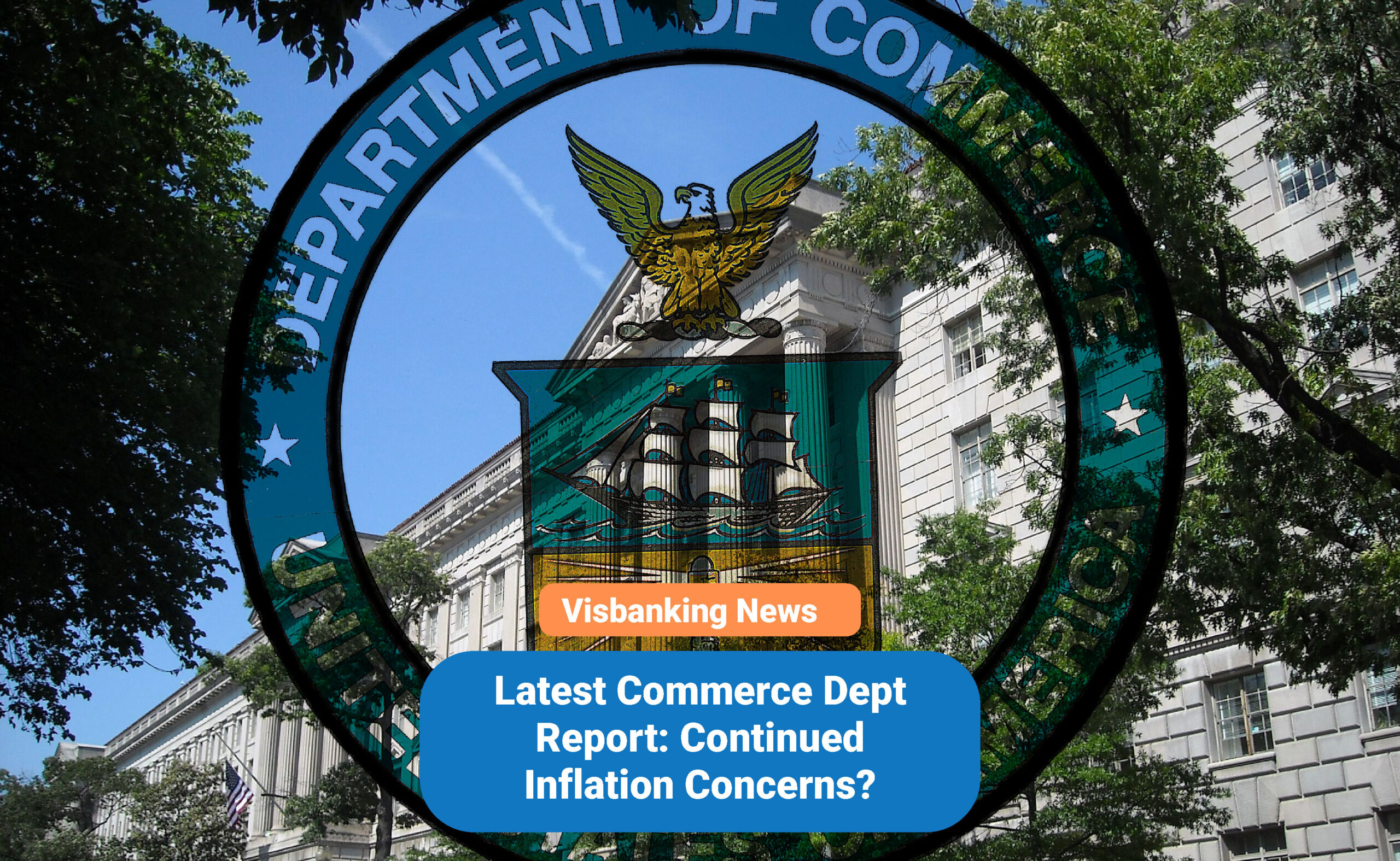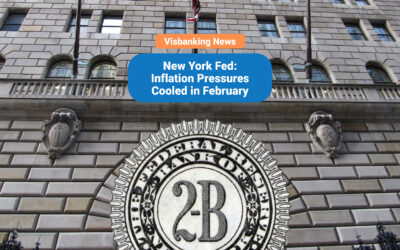The Commerce Department released new numbers on inflation today that showed price hikes continue unabated. According to that report, core personal consumption expenditures rose by 0.2% in July. Meanwhile, consumer prices overall rose 3.3% year-over-year, up from the 3% increase reported for June, perhaps justifying the Fed’s continued inflation concerns.
What is core PCE?
The Personal Consumption Expenditures index is a inflation measure that tracks price increases of non-volatile goods. Notably, it excludes two of the most volatile goods – energy and food. The index does include services like financial consultation, insurance, and healthcare, all of which saw price rises in July.
The Federal Reserve has noted that this core inflation measure is something that the Fed watches with great concern. According to Fed Chair Jerome Powell, those service costs are connected to increased wages. Apparently, prices for those services rose by 0.5% in July. Additionally, June’s estimates have now been revised upward by 0.3%.
Other metrics that may justify Fed inflation concerns
Income growth failed to meet expectations, rising only 0.2%. At the same time, however, spending by households rose by 0.8%. June’s household spending was also revised higher, to 0.6%. Some experts warn that the continued growth in spending could lead to additional price increases. That inflationary cycle could motivate the Fed to restart its interest rate hikes.
In Powell’s recent Jackson Hole remarks, he noted that core inflation continues to be higher than the Fed’s 2% target. He also cautioned that the road back to lower inflation could be somewhat rocky:
“Getting inflation sustainably back down to 2% is expected to require a period of below-trend economic growth as well as some softening in labor market conditions.”
While these price hike numbers may give the Fed pause, they tell just part of the story when it comes to potential new rate hikes. When the August jobs report is released tomorrow, experts expect it to confirm that job growth is slowing. Along with potentially slowing consumer spending and a slowing in wage hikes, that could be enough to soften the Fed’s inflation concerns.




